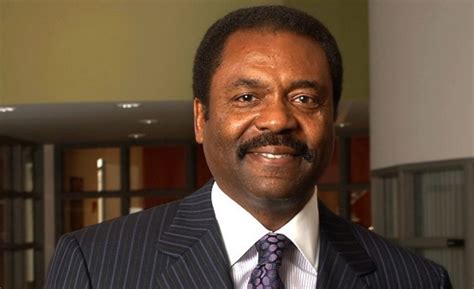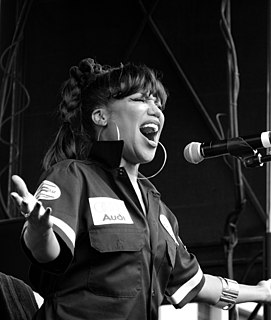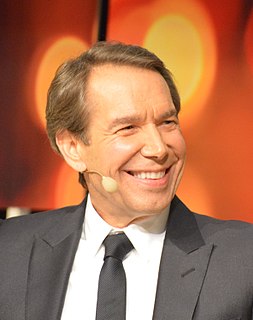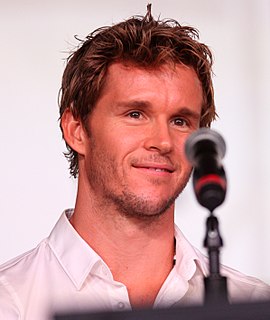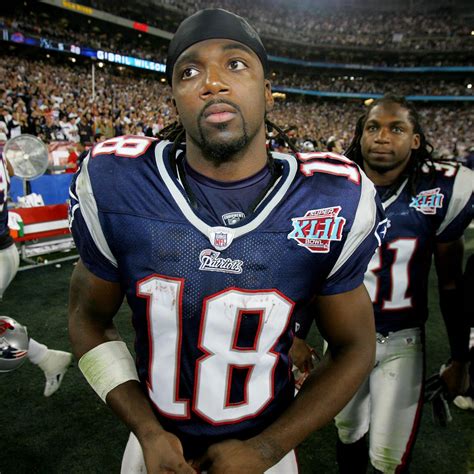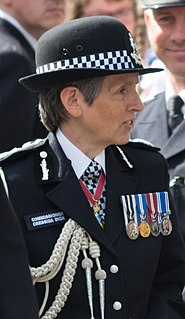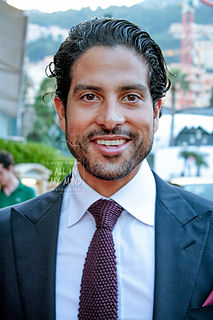A Quote by David Steward
For me, it's all about the youth and us stepping up as a community to embed a set of value systems to help these children make better decisions that are based on something.
Related Quotes
If we all make systematic mistakes in our decisions, then why not develop new strategies, tools, and methods to help us make better decisions and improve our overall well-being? That's exactly the meaning of free lunches- the idea that there are tools, methods, and policies that can help all of us make better decisions and as a consequence achieve what we desire-pg. 241
People are trying to build a society where they can talk across the aisle so to speak, and have civil discourse. At the same time we're trying to inform ourselves about what's really true so that we can make evidence based decisions that is better than superstition or rumor. But the fact is that people who use evidence based decision making have much better life outcomes, greater life satisfaction, they live longer, they make better personal and medical decisions, better financial decisions. But parallel to that is you can't reason somebody out of a position they didn't reason themselves into.
We’ve lost something vital, I tell you. When we lost it, we lost the ability to make good decisions. We fall upon decisions these days the way we fall upon an enemy—or wait and wait, which is a form of giving up, and we allow the decisions of others to move us. Have we forgotten that we were the ones who set this current flowing?
Organize first for knowledge, first with the object of making us know ourselves as a nation, for we have to do that before we canbe of value to other nations of the world and then organize to accomplish the things that you decide to want. Anddon't make decisions with the interest of youth alone before you. Make your decisions because they are good for the nation as a whole.
We have this window of opportunity; we have a chance to make something real happen. Something possible happen, to live beyond our fear, think about that, and help us. Help lift us up, help us fight this fight to change, - transform - this country in a fundamental way. This chance won't come around again.
I hear, 'But why do poor people make such bad decisions?' But actually, their decision-making can be far more complex than that of the better-off in many ways. They're not financially illiterate: they're constantly weighing up choices based on the reality of poverty. Somehow the international development community has resisted accepting this.
My first five or six years in L.A., I was just trying to get two cents together to stay here. Playing Jason Stackhouse on 'True Blood' put me in a position, financially, to make decisions based on creativity, to choose roles based on whether I connected with them. I love the Jason Stackhouse character... But I also love stepping out of his shoes.
I always hear people saying, "If I can just help one person, or if I can just stop one person from doing what I did." I don't think one person is enough. I feel you can help more than one person, help as many as you can. That's something that I would like to leave as my legacy: That I helped a lot of people and made some people make better decisions after looking at the decisions I've made in my life.
That is the great thing about policing, you do have a lot of responsibility very early and you have got to make decisions, sometimes life and death decisions, very quickly and there is something about putting a uniform on and thinking 'people are looking to me to make decisions and to look after them' that makes you feel capable.
Valuations are always much-debated. I try to center on what is the value to us. Is it solving a problems for us? If it is, we find a way to proceed. If the valuation has been overhyped on something and it doesn't make sense, we won't. It's very simple for me. I tend not to worry too much about the valuation. It's really what the value is to us.
Collectivism takes on many guises and seldom uses its own real name. Words like 'community' and 'social' soothe us into thinking that collectivist decision-making is somehow higher and nobler than individual or 'selfish' decision-making. But the cold fact is that communities do not make decisions. Individuals who claim to speak for the community impose their decisions on us all.
A perspective that allows you to consistently make decisions based on the right set of criteria. Positivity and forward thinking. I work on that one every day, and every day I get a little better. Better at knowing that there is no obstacle that I cannot overcome. Nothing I can be faced with that I won't grow mentally stronger and wiser from having endured.
